In African diplomacy, narratives often focus on colonial powers, superpower rivalry or internal conflict. Nigeria’s role in Angola has been less visible in mainstream memory. By explicitly recognising the Head of State, General Murtala Muhammed and Nigeria’s contribution, Angola is helping to rewrite a fuller history, writes Adewale Olalekan
On November 11, 2025, Angola marked half a century since its emergence from colonial rule. The celebrations are not merely festive—they are deeply commemorative. They reflect on decades of struggle, liberation, conflict, and reconstruction. The significance of Angola’s independence resonates far beyond its borders: for the African continent, the Cold War context, and the changing landscape of post-colonial diplomacy.

It is in that broader context that Angola’s government, under President João Manuel Gonçalves Lourenço, decided to bestow honours on select individuals who played decisive roles in its journey. Among them, the late Murtala Muhammed stands out as a symbol of Nigeria’s commitment to pan-Africanism and justice.
Nigeria’s Role in the Angolan Liberation Saga
To appreciate the honour, one must revisit a bold chapter of Nigeria’s foreign policy under Murtala Muhammed’s leadership. In 1975, the liberation of Angola from Portuguese colonial rule was followed almost immediately by a bitter internal struggle over which liberation movement would govern: the Popular Movement for the Liberation of Angola (MPLA), the National Union for the Total Independence of Angola (UNITA) and the National Liberation Front of Angola (FNLA). The Cold War and apartheid-South African forces loomed large.
In this fraught environment, Nigeria under Murtala Muhammed made two decisive moves:
•Recognition: Nigeria officially recognised the MPLA government, becoming among the first African states to do so.
•Support: Beyond recognition, Nigeria provided crucial diplomatic, moral and financial backing. Some sources note financial assistance in the tune of US$17 million (or even more in other archival estimates) to Angola’s budding government.
These acts were significant not simply for the numbers, but for the message: that African states could act in solidarity with each other, in defiance of external pressures and ideological division. In the context of the Cold War, that was no small feat.
Murtala Muhammed: Legacy and Moment
Murtala Muhammed’s tenure as Head of State of Nigeria was brief (July 1975 to February 1976), but his domestic and foreign policy initiatives left a powerful mark. Known for his decisiveness, his motto of “no-nonsense” governance and his insistence on accountability, he also championed Nigeria’s role as a moral voice in Africa.
In Angola’s commemoration, that legacy is being highlighted in a new light. The Angolan award — the Class of Honour Medal — is conferred “in recognition of the unwavering support and solidarity extended by General Murtala Muhammed and the Nigerian people towards the political emancipation of the Republic of Angola.”
It is also worth noting that his boldness included taking on foreign oil companies threatening Angola’s independence. At the ceremony, the President of the Angola–Nigeria Chamber of Commerce and Industry, Tangyalamba Veloso, recalled how Murtala challenged foreign firms: “He told them, if you pull out of Angola … you will also pull out from Nigeria and lose all your money.”
That anecdote captures the spirit: Africa helping Africa, not simply through passive statements, but through concrete action.
The Ceremony and Its Symbolism
On October 30, 2025, Abuja received official communication from the Angolan Ambassador, H.E. José Bamoquina Zau, notifying the family of General Murtala Muhammed of the forthcoming decoration during the independence celebrations.
At the event in Luanda, President Lourenço presented honours not only to Murtala Muhammed posthumously, but also to two other eminent Nigerians: former President Olusegun Obasanjo and distinguished diplomat Ibrahim Agboola Gambari. The trio’s recognition underscores Nigeria’s multi-dimensional contribution to Angola’s trajectory: liberation, peacebuilding and diplomacy.
For Angola, and for Africa, the occasion is rich in symbolism: three Nigerians honoured in the capital city of a now-sovereign nation — a reminder that the continent’s progress has been shaped by bold leadership, transnational solidarity and principled action.
Why the Recognition Matters
In African diplomacy, narratives often focus on colonial powers, superpower rivalry or internal conflict. Nigeria’s role in Angola has been less visible in mainstream memory. By explicitly recognising Murtala Muhammed and Nigeria’s contribution, Angola is helping to rewrite a fuller history: one of African states supporting one another. The publication by Nigeria’s Federal Ministry of Foreign Affairs affirms this partnership.
The ties between Angola and Nigeria are not historical footnotes—they matter now. Nigeria and Angola enjoy “cordial and mutually beneficial relations, strengthened through cooperation in trade, energy, security, and multilateral engagements.” The award, offers a fresh platform for deeper bilateral engagement, anchored in shared history.
The recognition signals that pan-Africanism remains more than rhetoric. It invites reflection on how African nations can still act collectively to shape their destiny. Murtala Muhammed’s gesture of supporting Angola’s emancipation in the 1970s resonates with current calls for deeper African unity—economically, security-wise and diplomatically.
For Nigerians, the award serves as a reaffirmation of our country’s historical leadership role on the continent. It is a reminder that Nigeria, at critical junctures, did not shy away from the hard work of solidarity and diplomacy. In the domestic sphere, this legacy can inspire renewed confidence in Nigerian foreign policy’s potential.
Challenges and Questions Ahead
While the moment is celebratory, it also invites sober reflection.
•Recognition beyond the ceremony: Will this gesture translate into tangible outcomes—expanded trade, joint infrastructure, enhanced energy collaboration—or will it remain symbolic?
•Continued relevance of liberation legacies: With independence now decades past, how do such legacies shape current policy? Does recognition of past solidarity make a meaningful difference in today’s complex geopolitical and economic environment?
•Pan-Africanism in practice: The ideal of African states supporting one another remains compelling, but what institutional or policy frameworks today channel that support effectively? The award opens a window to these larger conversations.
Reflecting on Murtala’s Lessons
Murtala Muhammed’s short tenure did not afford him time to leave monumental domestic reforms—but the ones he did begin, and the stance he took internationally, are instructive. Four lessons stand out:
•Decisive leadership: In 1975, recognising the MPLA was not the easiest or the most expedient move—it involved risk. But it communicated the principle.
•Africa-first diplomacy: Nigeria’s support for Angola showed that African states could prioritise African liberation over Cold War alignment.
•Symbol and substance: The anecdote of confronting oil companies reveals a readiness to back principle with action—and that makes diplomacy credible.
•Legacy building: Even though he was assassinated in February 1976, Murtala’s legacy endures—not only in Nigeria but across Africa, as this new honour attests. (He was killed on 13 February 1976, just after initiating many of his reforms.)
What Means for Nigeria–Angola Relations Moving Forward
The honour is more than a diplomatic courtesy—it is a foundation for future partnership. The joint commission between Nigeria and Angola has recently been active, and the renewed attention may inject new momentum into several areas:
•Energy collaboration: Both countries are oil & gas producers; understanding shared challenges could yield joint ventures.
•Trade and infrastructure: Enhanced trade flows, corridor development and investment linkages could be accelerated.
•Security cooperation: With regional threats evolving (in the Gulf of Guinea, for instance), Nigeria and Angola could deepen maritime security cooperation.
•People-to-people ties: Cultural, educational and civil society exchanges grounded in historic solidarity underscore shared roots and future promise.
A Moment, Not Just a Medal
In honouring Murtala Muhammed, Angola has done more than award a medal. It has invoked a chapter of African history in which solidarity, courage and principle mattered in shaping the continent’s path. For Nigeria, it is a proud moment—yet also an invitation to remember that leadership is not only about rhetoric but about action.
In the spirit of Murtala Muhammed, may Nigeria and Angola march forward together, rooted in the past, reaching for the future.
* Olalekan writes from Lagos
CAPTION: L-R: Son of the late Head of State, General Murtala Muhammed, Mr. Abba Risqua Murtala Muhammed; President of Angola, Mr. Joao Lourenco; and Daughter of the late Head of State, Dr. Aisha Muhammed-Oyebode; at an award ceremony in honour and recognition of the late General’s role in securing Angola’s Independence, as part of activities marking the country’s 50th Independence annivesary in Luanda…recently




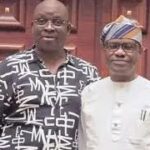

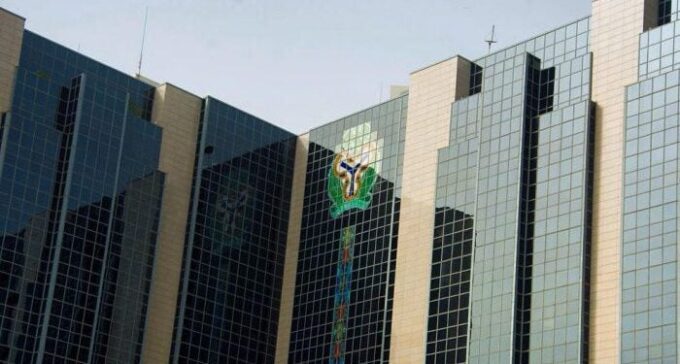



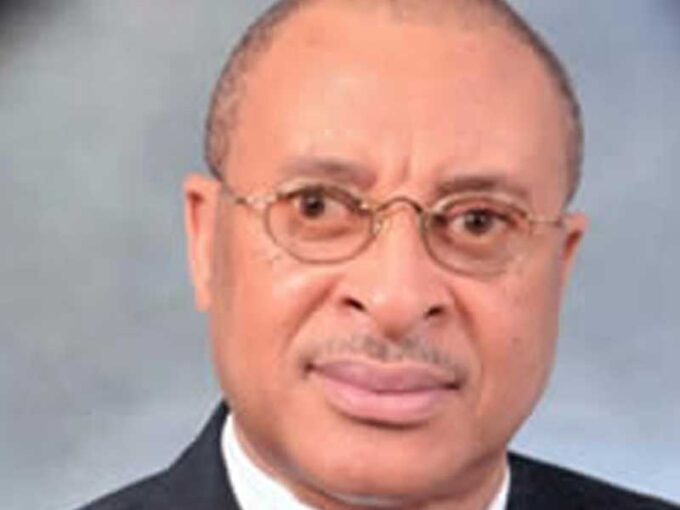

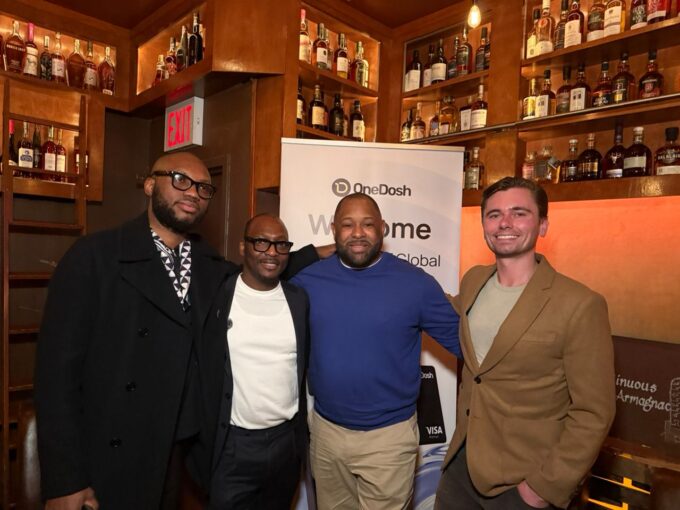




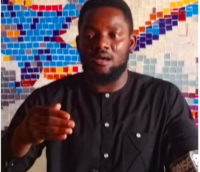
Leave a comment